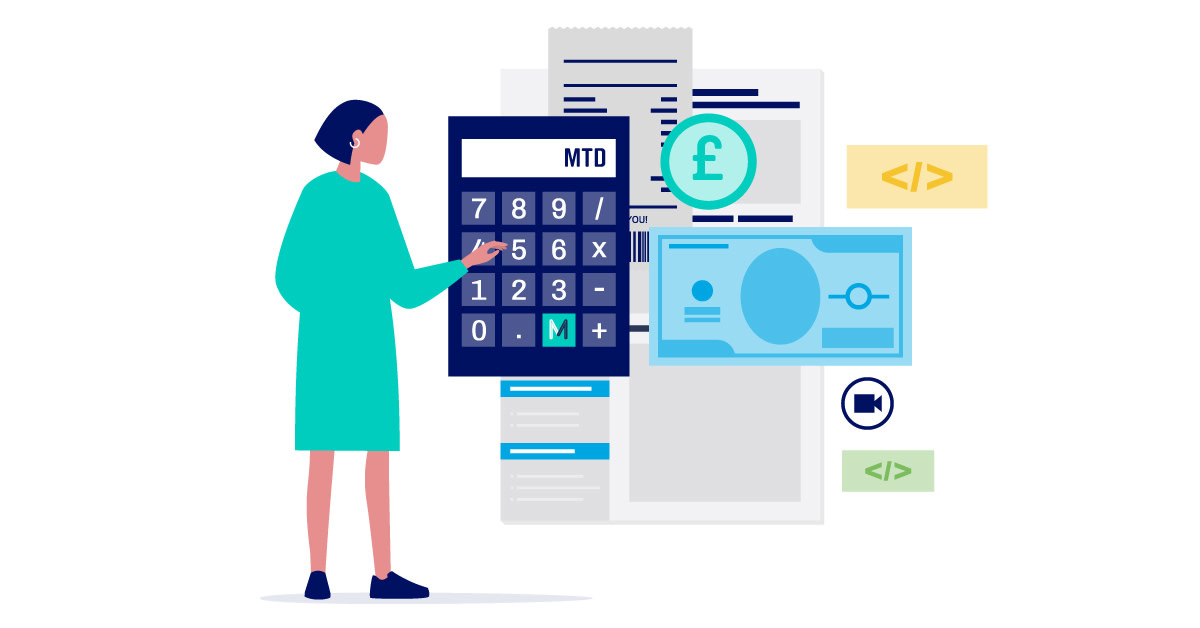On the face of it, this seems a very simple question. Oh, how naive I was…
My world up until now has been concerned with words, but now, I am having to learn about numbers. Specifically accounts. And invoices, and orders, and quantities and stockturns. This feels very strange for a writer.
So if you want to open a bookshop, one of the first things you need to turn your attention to is where to get your stock from.
I learnt the very basics on the bookselling course I’ve mentioned in previous posts, and you can read more about it here. In essence, you get your stock from two sources, a) the wholesaler, and b) the publishers.
The way it works is like this, the wholesaler stocks almost every single book, hundreds and thousands of them, which they purchase from the publisher. The booksellers then purchase them from the wholesaler at a trade price. It is certainly easier to do it this way because all the books are in one place, everything is on the same invoice, you just press one button and – just like magic – your books appear the very next day.
There are two downsides to this, firstly, the profit margin is a lot smaller than if you buy direct from publishers and secondly, you can only return about five per cent of your unsold stock. Which perhaps means a bookseller primarily using a wholesaler as their supplier might not take a punt on a newer, more niche title, but would probably do very well to supply large quantities of more popular titles to many of their customers (I’m looking at you Richard Osman).
Buying direct from the publishers has two advantages, firstly you have a higher discount and therefore a higher profit margin. Secondly, you get full sale or return on the books you buy, meaning you have a window (not before three months, and before nine months) where if you don’t sell your books and you want to return them, if they are undamaged you can.
But, there are many, many publishers and so this requires a large amount of work opening accounts individually with each of them and persuading them to give you favourable credit terms. That is the time-consuming job, and yet this was the option I chose mostly because this is a new venture and I need to minimise my risk as much as possible.
So the last two weeks, since I found a venue for my pop-up, I have been desperately – and I mean desperately – opening accounts with various publishers and the wholesalers. For this I have had to provide references, business and trading details, credit checks and multiple forms.
Remember, I am not a numbers person.

And that is just the start, even once you have opened all these various accounts, you then have to track down the sales reps within the publishing houses that cover your particular area of the country, tell them what you’re planning to do, and hope that they will offer you extra discounts, or extra days to pay on your opening stock.
There are roughly about six major publishers in this country: Hachette, Penguin, Faber, Bloomsbury, Macmillan, and erm, one other… (oh god, who have I forgotten?!) and they are the umbrella companies for all the various imprints. Then there are the independents, who use other sales distribution companies, so you also need to open accounts with them, and of course the wholesaler, who invariably these days will only offer a pro forma invoice account to new businesses rather than a credit account.
Luckily, the reps that I have encountered have been so helpful to a newbie like myself and have shown great enthusiasm for my idea and my project and have been very patient while I have got to grips with their various systems. They have made me feel that there is no question too stupid to ask – and that is invaluable when you’re starting from a point where you know very little.
So this morning, I ordered my first books – exciting and scary. As a starter for ten, I will be stocking about one hundred different titles in my pop-up shop, and three or four copies of each so that my shop looks plentiful, abundant and confident (retail words).
But how do you even start to choose which books to stock?
I’ll tell you how I did it next time…





